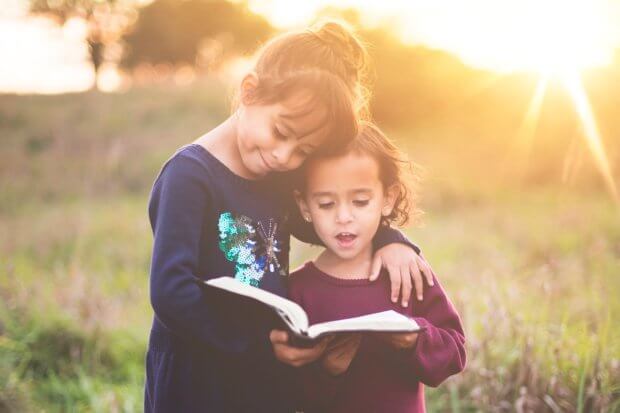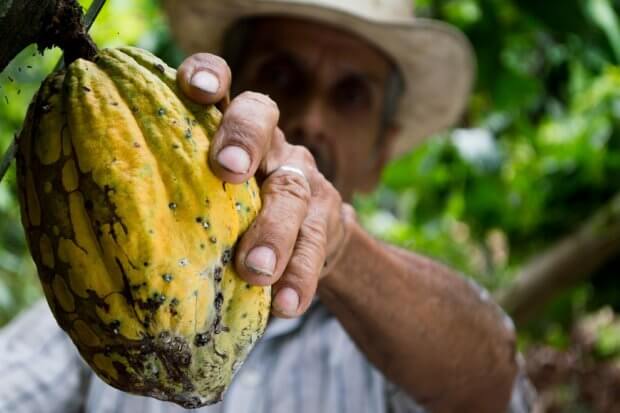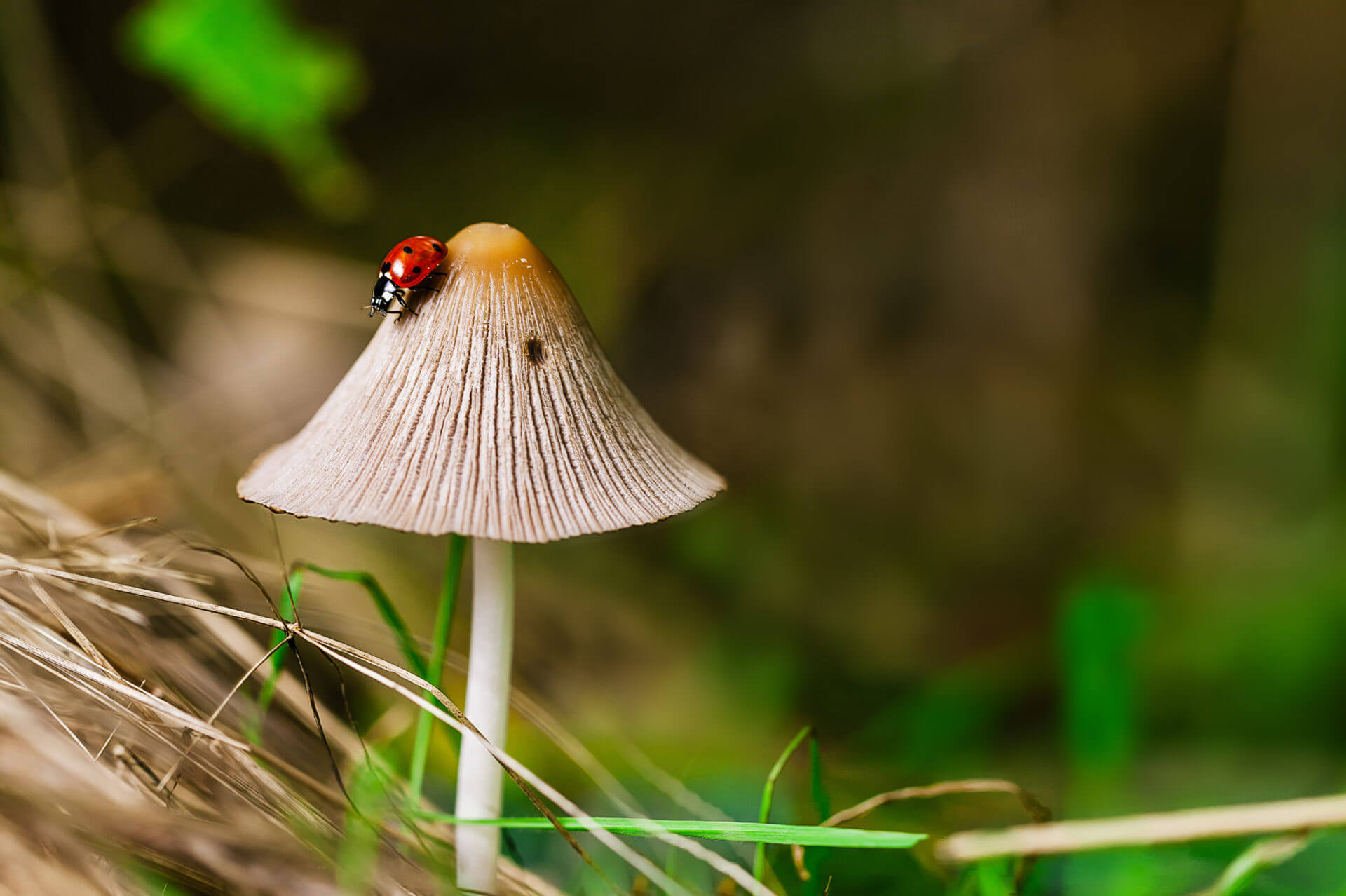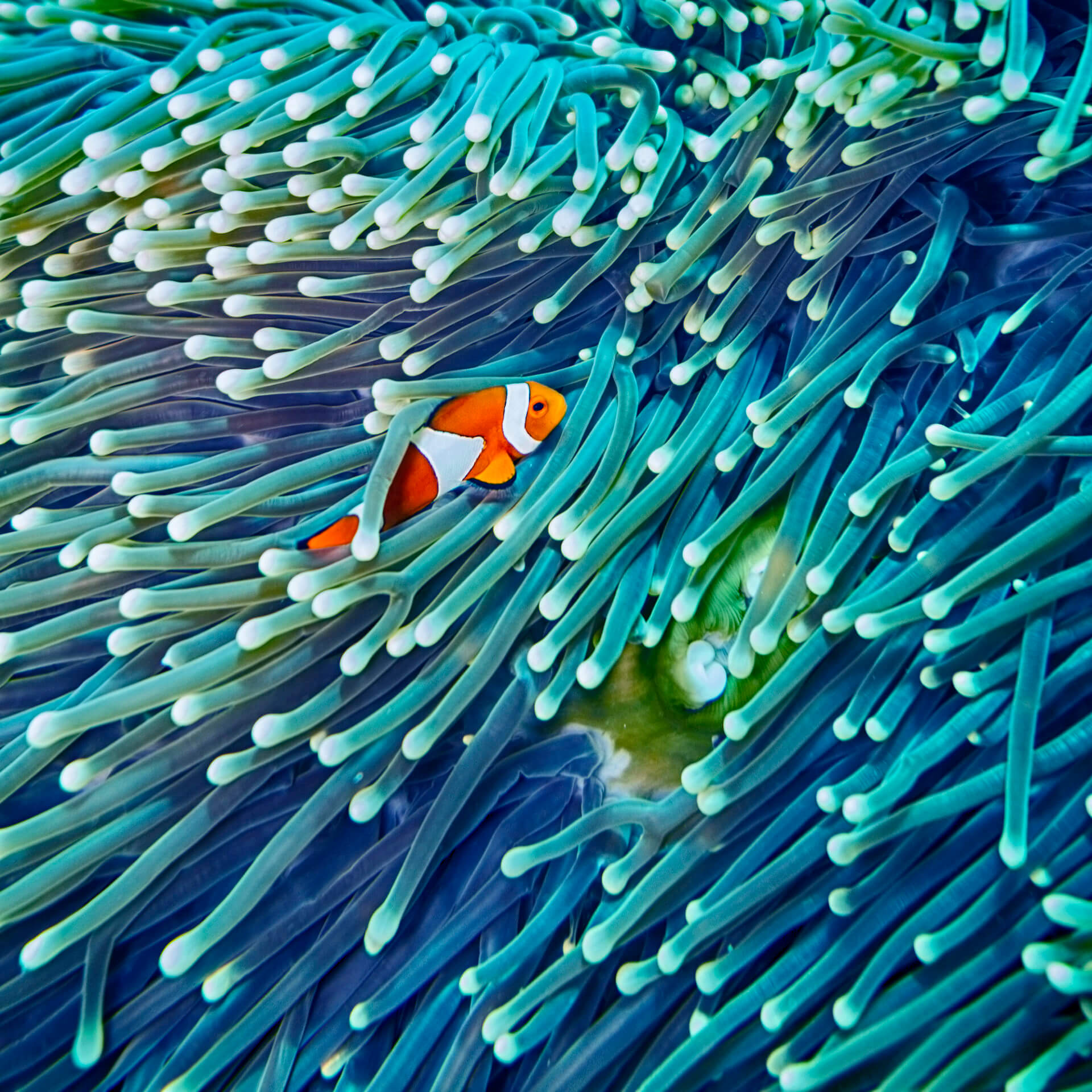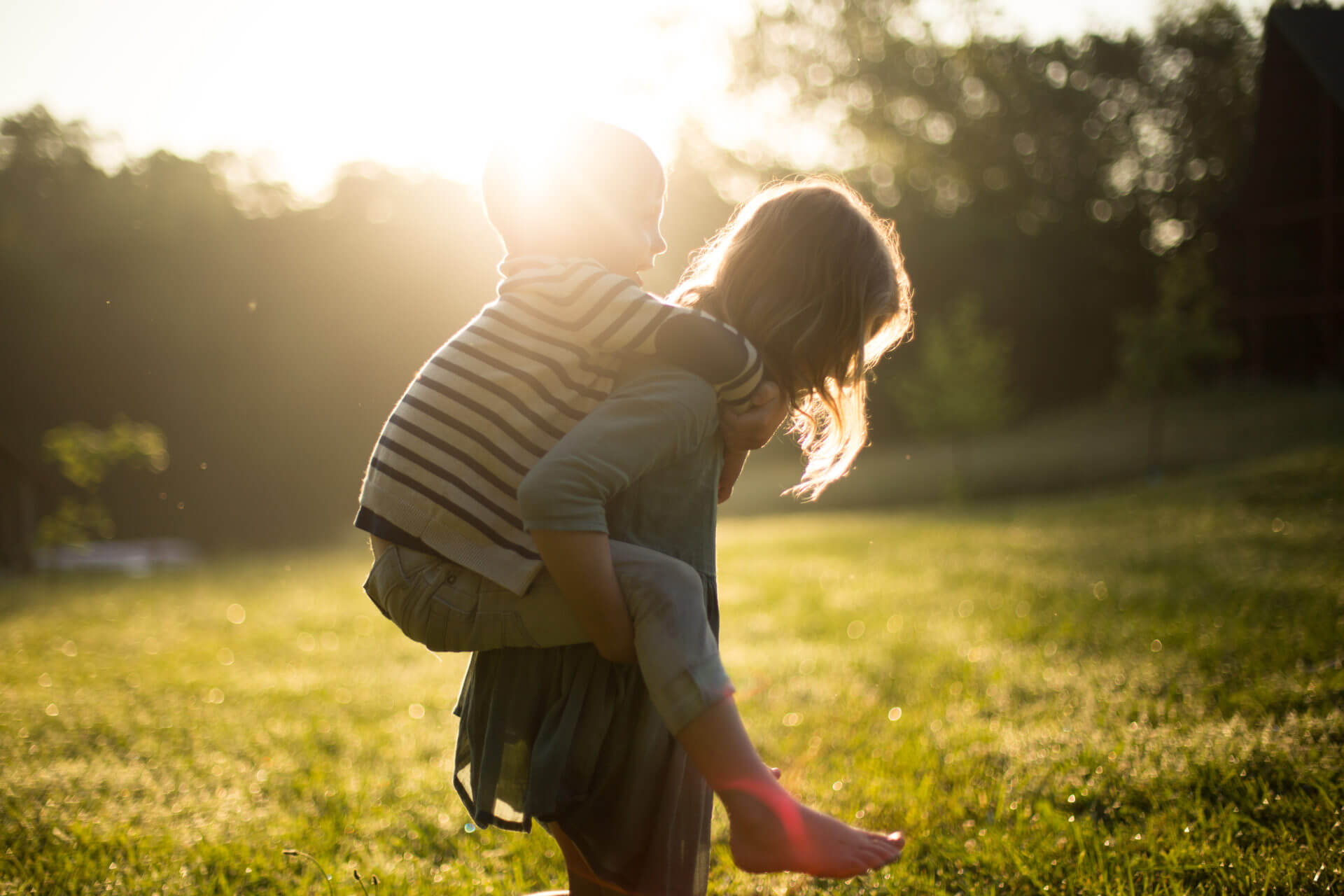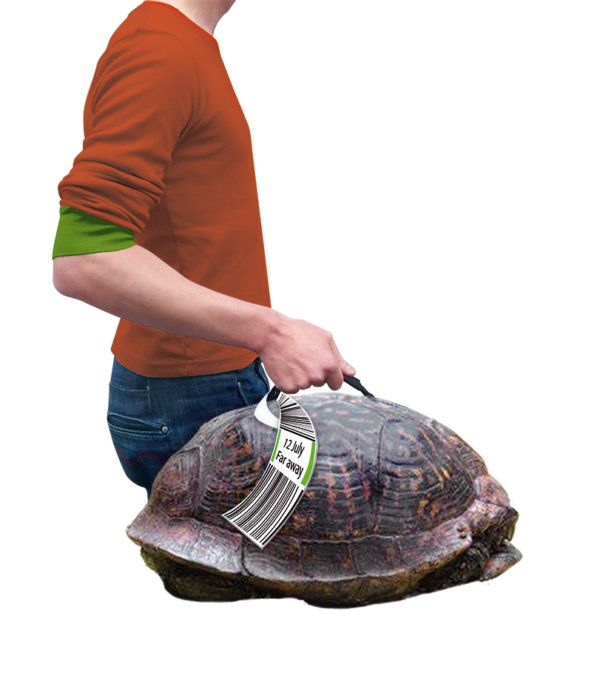
Let your souvenir have a future
Every year, numerous products made from protected animals and plants are illegally imported into Belgium (fur, caviar, art,…). Through organized crime? Often. But most of the time, it’s tourists who – with no bad intentions – bring home these objects in their luggage as souvenirs.
Are you going on vacation to a foreign country? Be careful while buying a souvenir! In several touristic areas, products made from animals and plants are sold as souvenirs. However, it isn’t because they are being sold on a local market-place that it’s legal to buy them and bring them back home.
This type of purchase isn’t without consequences. First of all because the trade of this type of objects is harmful to biodiversity. Secondly, because there are good chances that border control officers confiscate your purchases. In some cases, possession of these items can land you a hefty ticket or even some time in jail.
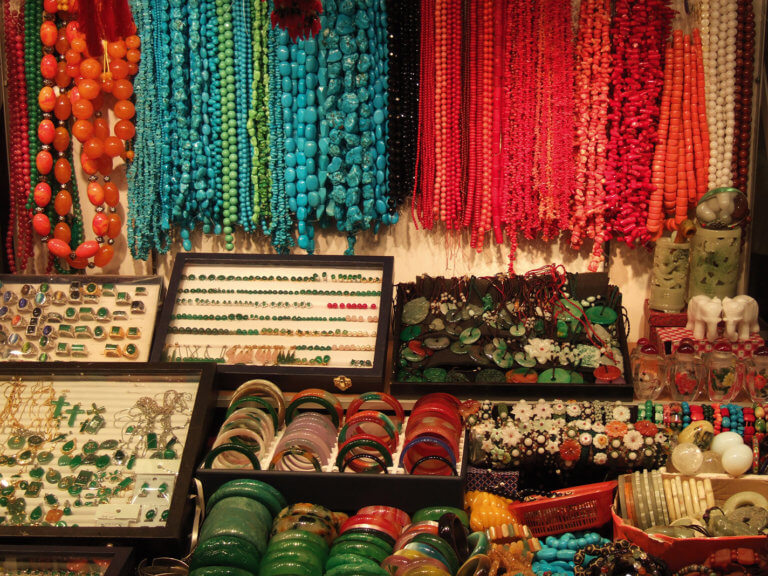
Most people know that ivory, turtle shells, reptile skins or furs are illegal, but here are a few less known examples:
- Shawls made from Tibetan antelope wool: for one shawl of shahtoosh, poachers must kill three Tibetan antelopes.
- Coral: tourists often buy jewelry without knowing it’s made from coral. This is problematic because coral are necessary for the survival of many aquatic life forms and coral reefs take decades to reconstruct itself if destroyed.
- Traditional Chinese medicine: some can be from endangered species, such as the lion or the rhinoceros. Furthermore, they can be harmful to your health.
- Dried seahorses, certain seashells and orchids.
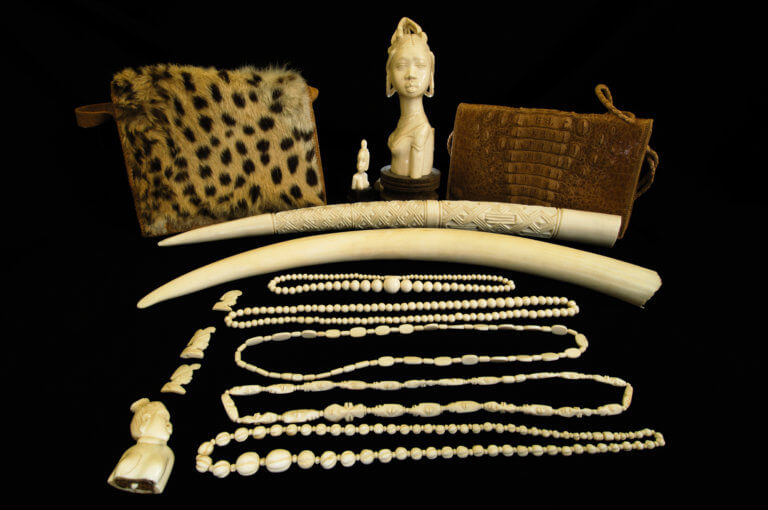
Please think thoroughly before buying a souvenir made of natural materials.
If you doubt: don’t buy it!
More information on this theme:
www.citesenbelgique.be – www.cites.org – www.eu-wildlifetrade.org – www.traffic.org
Actus Associés
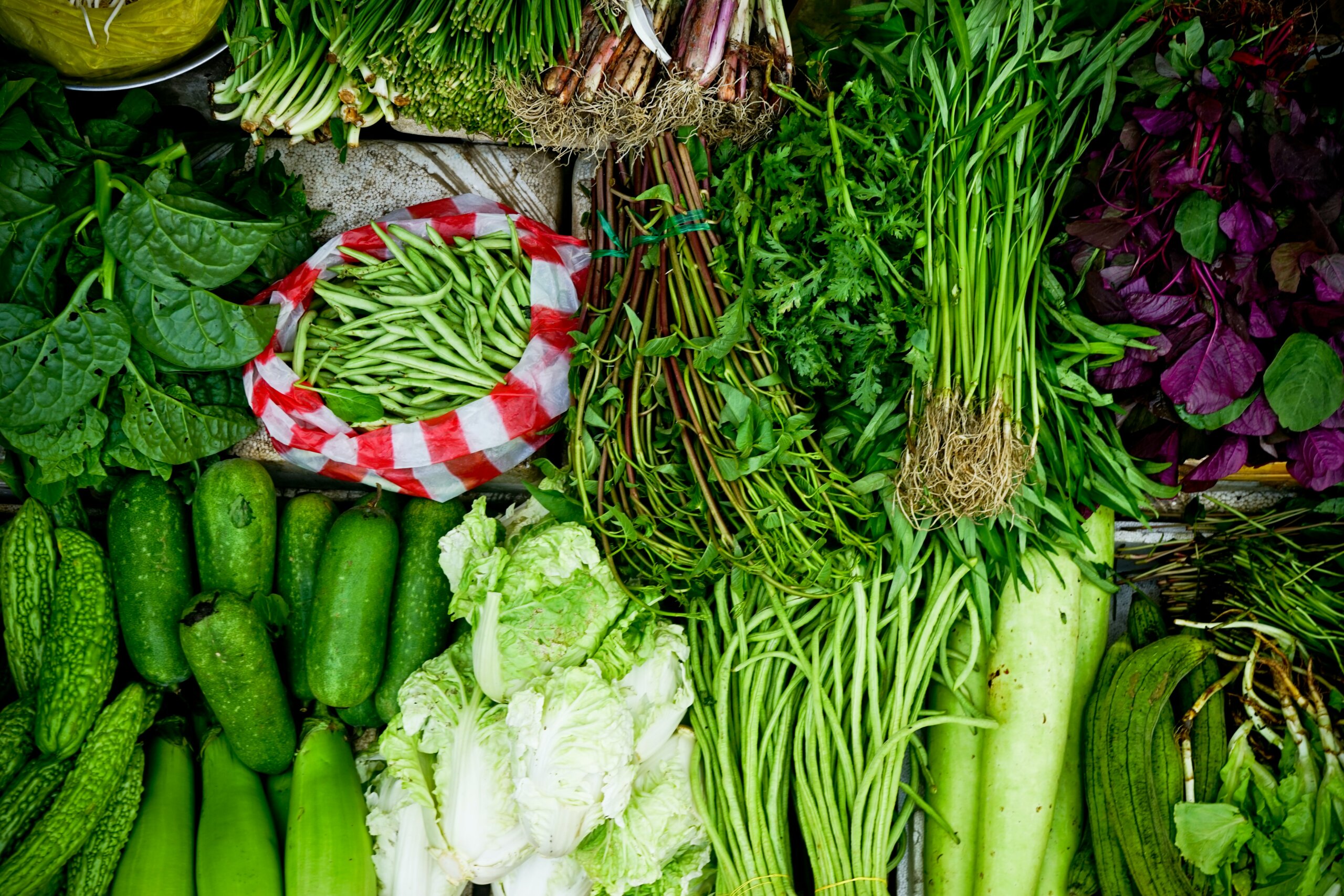
Save biodiversity by eating better
Our food choices have significant effects on biodiversity and ecosystems, but also on our health. Among other things, intensive meat production is responsible for the destruction of many ecosystems around the world and excessive meat consumption is a source of various diseases. Yet demand is growing on an increasingly populated planet with limited natural resources. As individuals, do we have a role to play in mitigating this trend in a globalised world? The answer is yes!
See more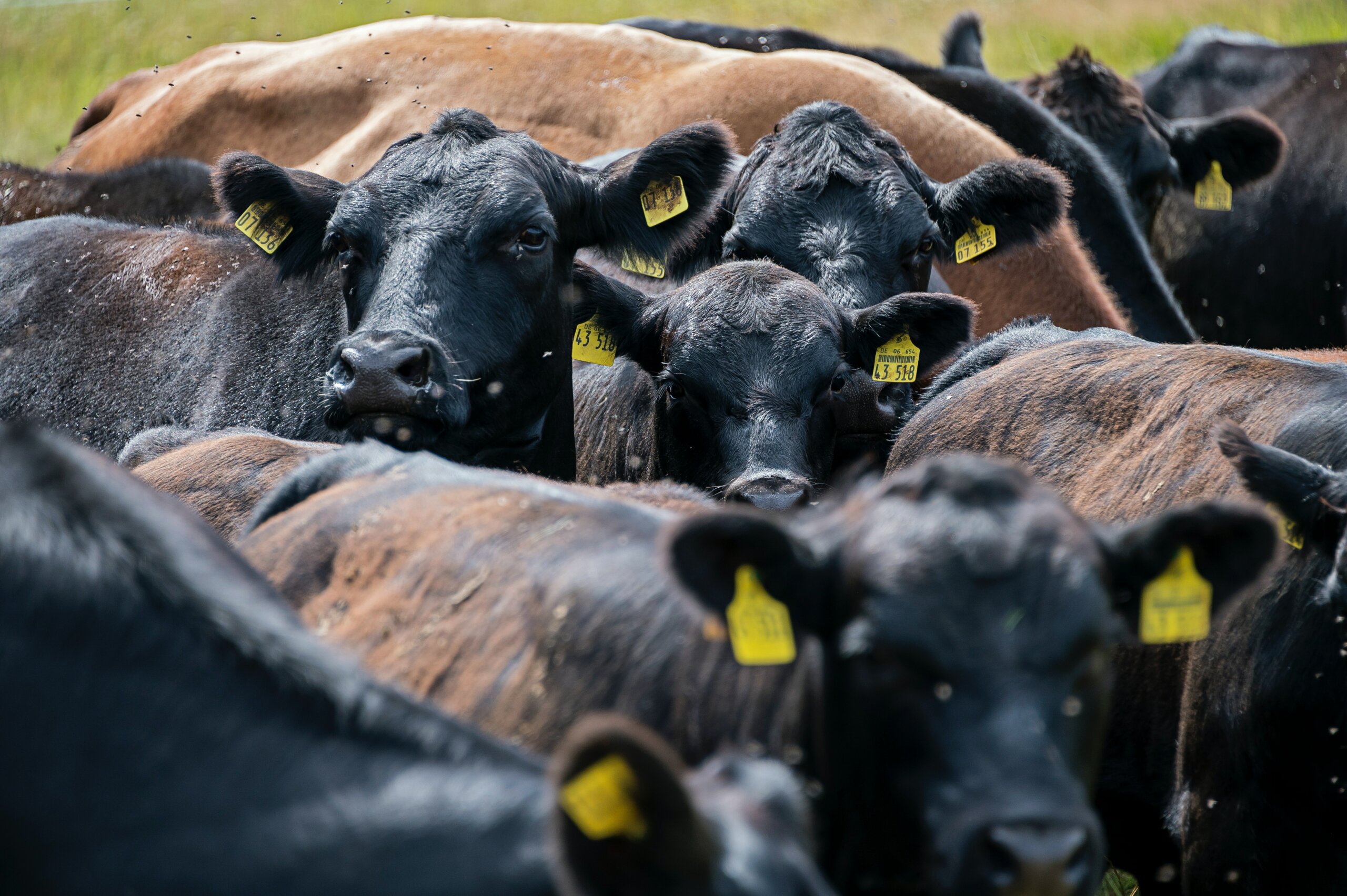
A very meaty diet: what consequences for biodiversity?
Did you know that, in the European Union, the food industry is the main cause of environmental damage, followed by housing and mobility?[1] Although many consumers are aware of this, we tend to underestimate the effects of our eating habits on the environment.[2] While this is not good news, it does mean that our choices can make a real difference. But can we really protect biodiversity at mealtimes?
See more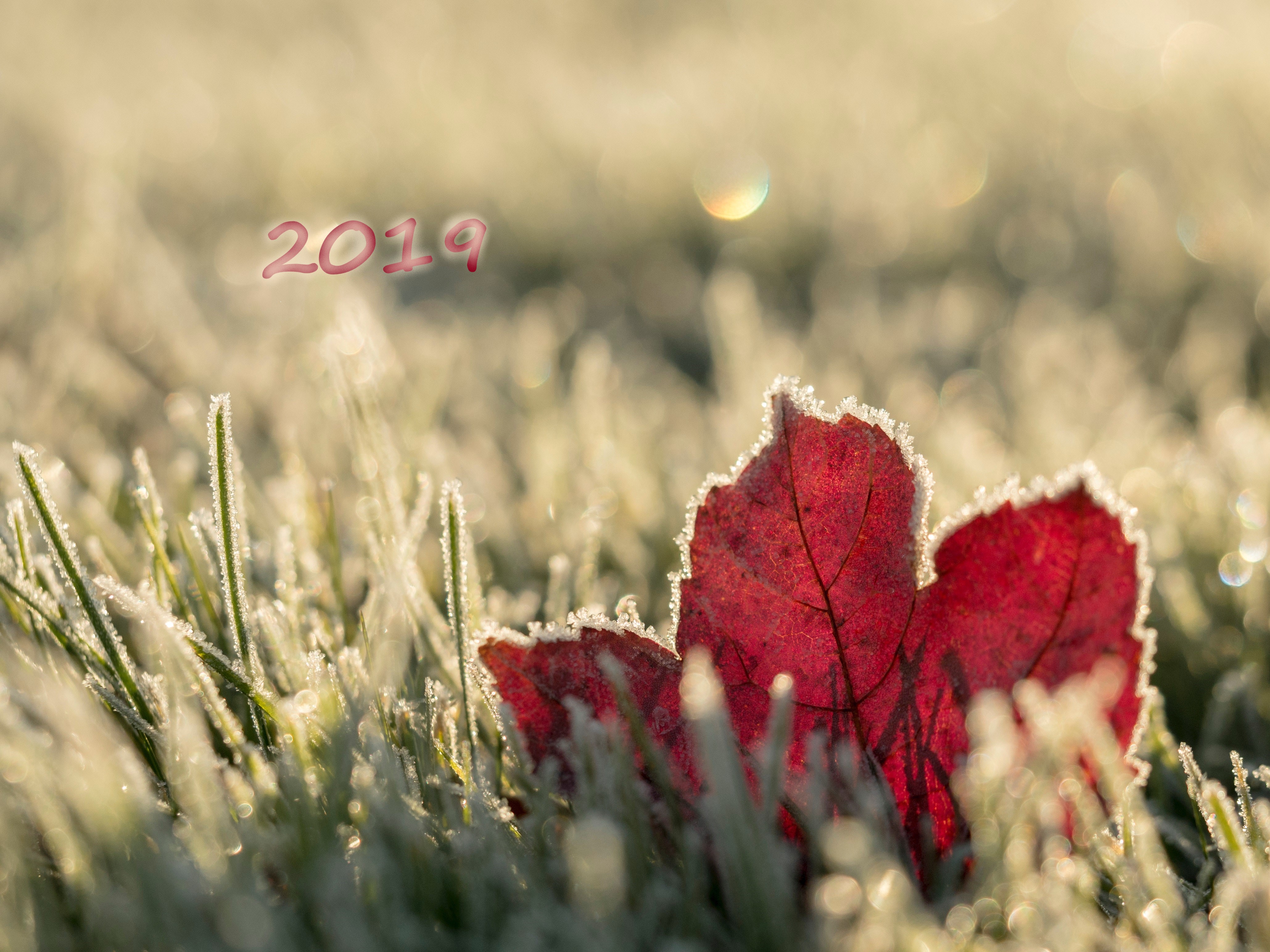
A Happy New Year 2019 focused on biodiversity!
Is the year-end holiday season behind you? No more crazy shopping for gifts, no more hearty meals… until next year! As this period is behind us, let’s now take the time to ask ourselves what a celebration such as Christmas represents in terms of impact on biodiversity. And most importantly, what can we do to reduce our footprint during the holidays, whatever they may be?
See more
